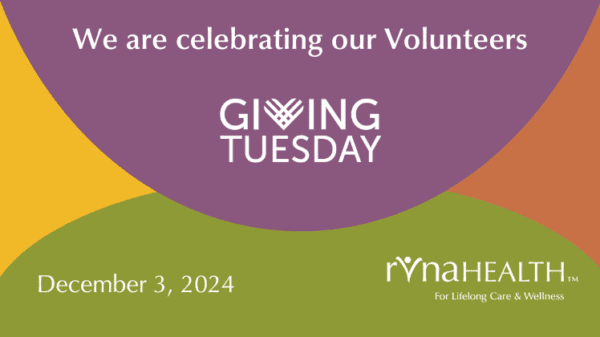Infections are frightening – just ask anyone with an imminent surgery, joint replacement, or hospital stay, and many will tell you their biggest concern is developing an infection while there.
And their fear is not unwarranted.
According to the Centers for Disease Control, 1 in 25 patients will have at least one infection following their hospital stay. Also known as HAIs (healthcare-acquired infections), many infections are the result of germs picked up during a hospital stay, resulting in issues such as pneumonia, gastrointestinal illness, or sepsis. The tricky part … HAIs aren’t necessarily revealed at the hospital; they can develop as much as a week or month after going home.
Which means both you, and your home health care team, need to be especially vigilant.
RVNAhealth home health nurses, therapists, and aides — who treat patients following discharge from a hospital or facility — are highly-skilled and trained in assessing for infections and administering appropriate interventions when appropriate. They monitor patients at every visit, testing for fever, tracking wounds that aren’t healing, monitoring the warning signs, and referring patients to their physicians immediately if an infection is identified or suspected.
Common signs of infection include chills or generally feeling unwell; discharge at the wound or surgical site; increased pain/tenderness; and fever, particularly when combined with increased swelling, redness, and warmth at the site.
All RVNAhealth clinicians also practice “universal precautions” for infection control and prevention— hand washing, glove wearing, and the rigorous protocols added when treating a patient with a wound.
While most infections can be treated successfully with antibiotics if identified early, it’s important to understand that, as a healthcare consumer, you must also be your own best advocate. Monitor the signs of infection; keep all follow-up appointments after returning home from the hospital; and don’t be afraid to speak up if your healthcare personnel aren’t following universal precautions when administering treatment.
Infections are frightening, but they are neither inevitable nor untreatable. Your best defense is a good offense: remember the signs, advocate for yourself and, when possible, return home from the hospital or facility as soon as possible with an excellent home health agency. One like RVNA.





